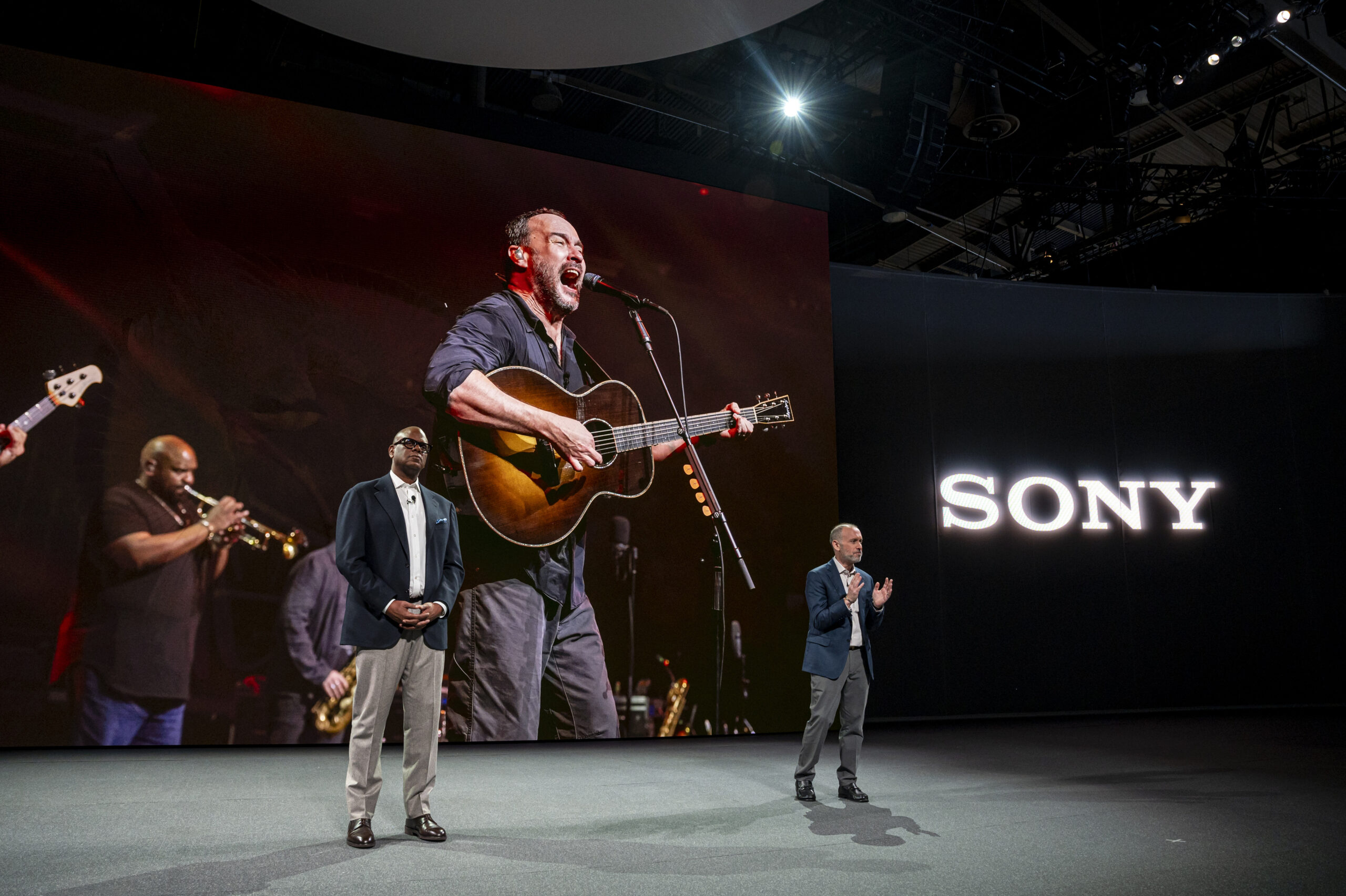




China's Internet Court in Guangzhou recently issued a judgment on the infringement of copyright in materials used to train generative AI models. The case involved the popular character Ultraman, and the court ruled that images generated by a generative AI service called Tab constituted an infringement of the copyright [6e394ee7] [1dec2e98].
This case highlights the importance of using sufficient, accurate, and unbiased content to train AI models. Overfitting, a concern when training AI models, can lead to outputs that align too closely to the training data and may produce nonsensical or incorrect results. The improper use of copyright works in training AI models has led to lawsuits, such as the New York Times suing Microsoft and OpenAI for reproducing and using its articles without permission [6e394ee7] [1dec2e98].
AI service providers often claim fair use as a defense in copyright infringement cases. However, the transformative nature of the use will likely be a key factor in determining whether fair use applies. The use of generative AI models requires industry standards, guidelines, and best practices to ensure responsible and ethical use [6e394ee7] [1dec2e98].
The European Union's regulations for ethical AI systems also emphasize the need for relevant, representative, error-free, and complete training data sets. These regulations aim to prevent biases and ensure that AI models are trained on diverse and accurate data [6e394ee7] [1dec2e98].
Generative Artificial Intelligence (AI) models have revolutionized various industries, but concerns are emerging regarding copyright infringement in the training materials used for these models. The Ultraman Court Decision in China highlighted the issue when Shanghai Character License Administrative Co. Limited (SCLA) sought recourse against a generative AI service called Tab for creating images that bore a marked similarity to the original Ultraman character. The court held that the images generated by Tab constituted an infringement of the copyright owned by Tsuburaya Productions Co. Limited. The case emphasizes the importance of using sufficient, accurate, and unbiased content to train AI models. The size and integrity of AI training data are crucial, as biased or incomplete datasets can lead to discriminatory outcomes and copyright infringement. Overfitting, where a model becomes too specialized in the training data, can also result in copyright infringement. Lawsuits have been filed against generative AI service providers, such as Microsoft and Open AI, for reproducing and using copyright works without permission. Fair use is often claimed as a defense, but the transformative nature of the use is a key factor. Industry standards, guidelines, and best practices are needed to address the challenges associated with training content and ensure responsible and ethical use of generative AI models. [1dec2e98]
In the digital age, image recognition systems using AI have become critical tools for industries like e-commerce and social media. However, false positives and negatives in these systems can lead to legal and financial consequences in trademark infringement cases. Convolutional Neural Networks (CNNs) are used for image recognition and offer benefits such as automated surveillance, precision, real-time detection, cost-effective scalability, proactive brand protection, and data-driven decision-making. Limitations of image recognition systems include false positives and negatives, biased or incomplete training data, lack of interpretability, vulnerability to adversarial attacks, privacy and data protection concerns, and resource intensity. Strategies to address false positives and negatives involve data preprocessing, ensemble learning, adversarial training, interpretability, human-in-the-loop strategies, and legal and regulatory frameworks [4d5fb20f].
The symbiotic relationship between AI and trademark infringement requires the use of CNNs and deep learning structures, but accuracy depends on quality data and rigorous preprocessing. False positives and negatives in AI-powered image recognition systems for trademark infringement detection are influenced by training data quality, model complexity and generalization, adversarial attacks, and contextual issues. Addressing these errors requires a multifaceted approach. The consequences of false positives and false negatives include legal disputes and unchecked infringement. Ethical considerations include privacy, data protection, and fairness. Tackling these challenges involves improving data practices, training systems to handle tricky situations, involving humans in the decision-making process, and setting clear rules for AI use [4d5fb20f].
Apple has taken a proactive approach to avoid copyright infringement lawsuits by licensing material from major publications for use in training its AI models. The company has engaged in talks with publishers like Condé Nast and NBC News to secure licensing deals worth around $50 million. Apple's in-house language learning model (LLM), Ajax, focuses on user privacy by handling basic functions on-device without an internet connection. For more advanced AI capabilities, Apple may consider licensing third-party software. While Apple's approach is commendable, there are still questions about its internal practices and the need for stricter controls on copyrighted content. The AI industry as a whole must develop frameworks and best practices to balance the potential of generative AI with intellectual property rights. Collaboration with content creators, publishers, legal experts, and policymakers is crucial in navigating these complex issues [abee97ef].
Sony Music Group has sent letters to over 700 companies warning them not to use the company's content without explicit permission for training AI models. The letters aim to protect Sony Music's intellectual property, including album cover art, metadata, musical compositions, and lyrics. Unauthorized use of the content in AI systems deprives the company and its artists of control and compensation. Copyright infringement has become a major issue for generative AI, with concerns over artists' livelihoods and tensions with streaming platforms. Sony Music is striving to balance the creative potential of AI while protecting artists' rights and profits. Universal Music Group has also been vocal about protecting artists' rights and recently resolved a dispute with TikTok. Synthetic speech startup Lovo Inc. is facing a proposed class-action lawsuit for misappropriating actors' voices. Copyright owners are encouraged to state publicly that their content shouldn't be used for data mining and AI training without specific licensing agreements. The US music industry supports federal legislation to protect artists' voices and images from unauthorized AI use. [621d0705]